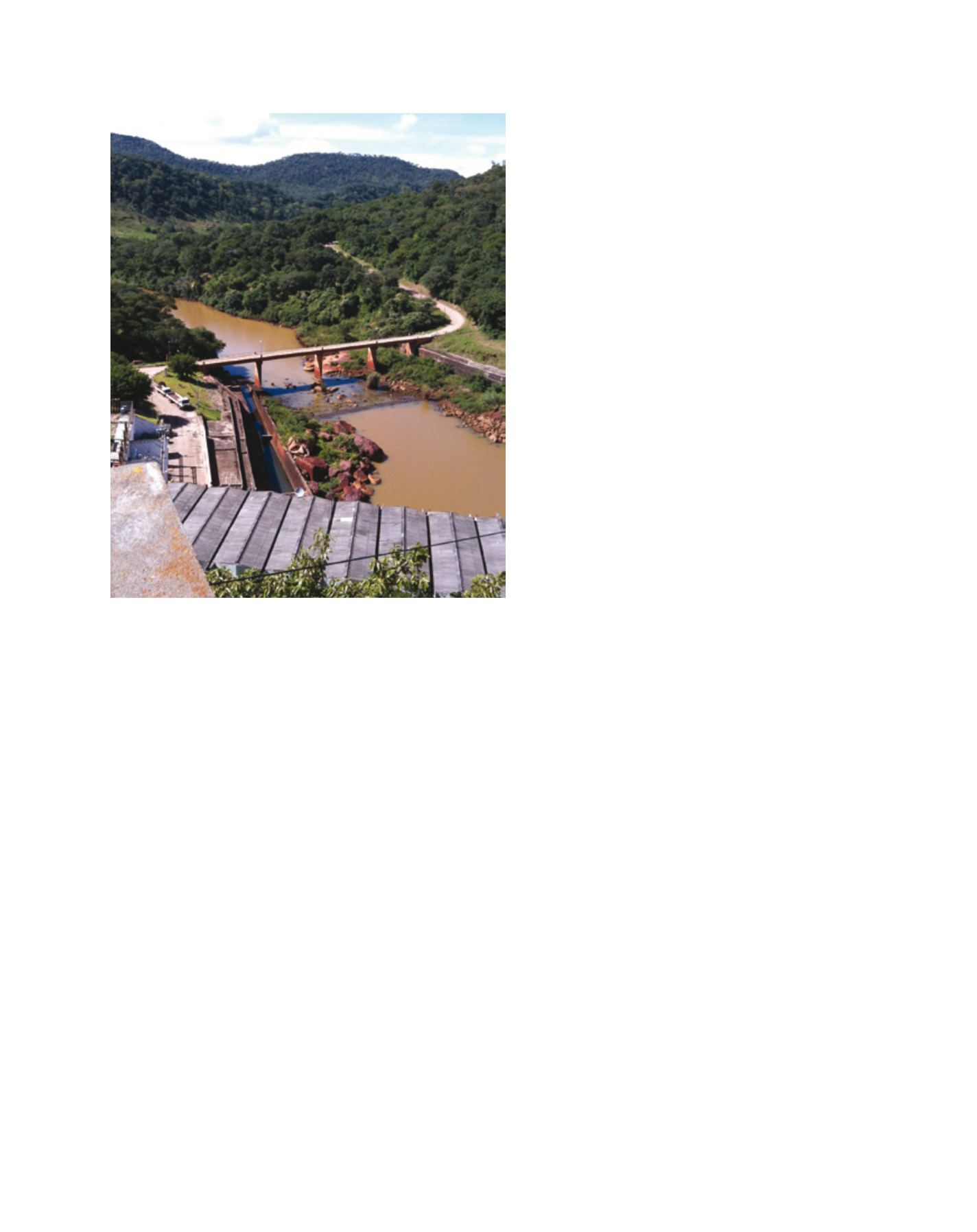

[
] 162
F
inancing
C
ooperation
The RWSSI is in line with the bank’s emphasis on inclu-
siveness and is an effective means for building resilience
and climate proofing against drought.
Cooperation with multilateral organizations
AfDB views collaboration with other multilateral
organizations as important for supporting joint
country-level and regional activities, eliminat-
ing duplication of efforts and avoiding conflicting
approaches. Within the framework of the bank’s
collaboration agreements with the United Nations and
the World Bank, the water department has developed
joint working arrangements with several agencies,
notable among which are those with UNHABITAT,
the United Nations Children’s Fund (UNICEF) and
the Water and Sanitation Programme (WSP) of the
World Bank .
Water sector cooperation between AfDB and UNICEF
focuses on the RWSS subsector, leveraging the respec-
tive comparative advantages in the following areas:
• supporting continental and regional initiatives
• access to sanitation (including water, sanitation and
hygiene in schools)
• sustaining services and behaviours
• monitoring and knowledge management.
The working arrangements include regular cross-polli-
nation meetings and joint plans at country level.
Looking ahead
Transforming Africa’s economic fortunes in a way
that includes the poor can only be achieved through
extensive long-term cooperation among the various
actors. AfDB will therefore continue to pursue its
multilevel and multifaceted cooperation and collabo-
ration strategy through:
• participing in global and Africa-wide sector dialogue
• engaging with various partners in the development
and execution of its lending operations at regional
and country levels
• cooperating with donors through special purpose
trust funds
• partnering with other multilateral organizations.
• collaborating with unique knowledge institutions
that help governments accelerate reforms that
ensure sustainable water resources management
in support of long term national development and
economic growth.
The bank is also enhancing its efforts to help African
countries create the enabling environment that will attract
private sector financing to bridge the financing gap.
Collaboration with other organizations is a dynamic
process making it necessary to engage in continuous
reassessment in meeting joint objectives and aspira-
tions. AfDB therefore welcomes the opportunities
availed by the International Year of Water Cooperation
to renew its commitment to cooperation as an essential
element of the international development agenda.
AfDB collaboration with SADC - Shared Watercourses Support Project (Buzi River
Basin, Mozambique)
Image: Sweco
cooperation and coordination among basin states, and supporting
strategic and investment planning and resource mobilization in
basin development organizations. AWF support for strengthening
the African Network of Basin Organizations is a good example
of this work. The facility also contributes towards AfDB’s efforts
to create a favourable environment for effective and sustainable
investments and promoting water sector knowledge. In addition
to traditional partnerships with governments and donor agencies,
AWF’s financing procedures provide opportunities for increas-
ing cooperation with private operators, financiers, professional
networks, academia, NGOs and civil society.
AfDB is cooperating with a number of donors including
France, Switzerland, Canada, Denmark, the Netherlands, Italy
and Burkina Faso through the RWSSI Trust Fund in order to
add a quality dimension to the RWSSI through focused support
for the ‘softer’ aspects of RWSS implementation. The trust fund
addresses issues such as:
• improving RWSS governance and enabling environment
• ensuring that projects and programmes to be funded have
the requisite institutional arrangements and capacities for
sustainable service delivery
• providing a platform for knowledge management,
communication and sharing good practice at the regional and
national levels
• selectively and strategically providing investment funds for
rural water supply and sanitation for fragile and post-conflict
African states.


















